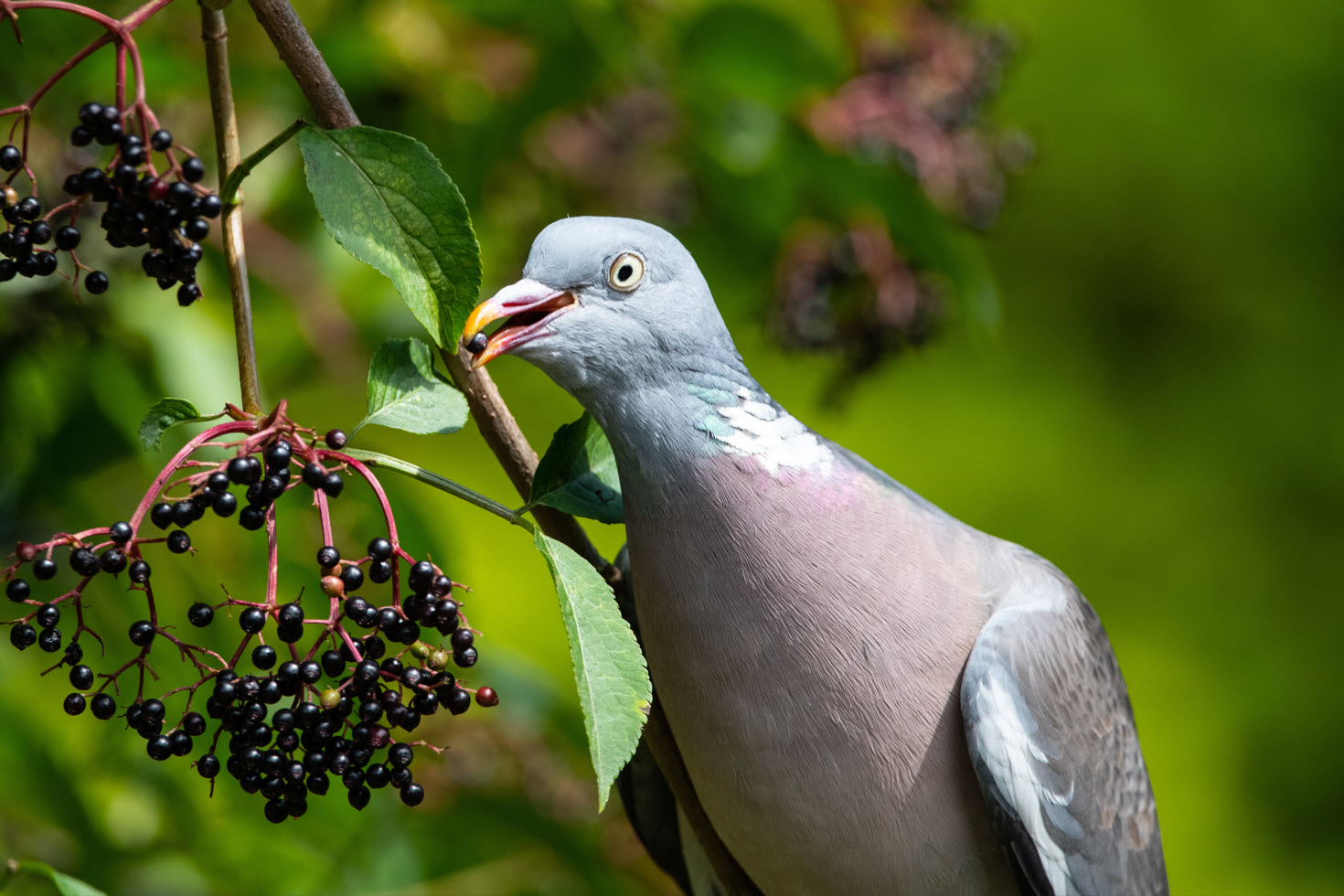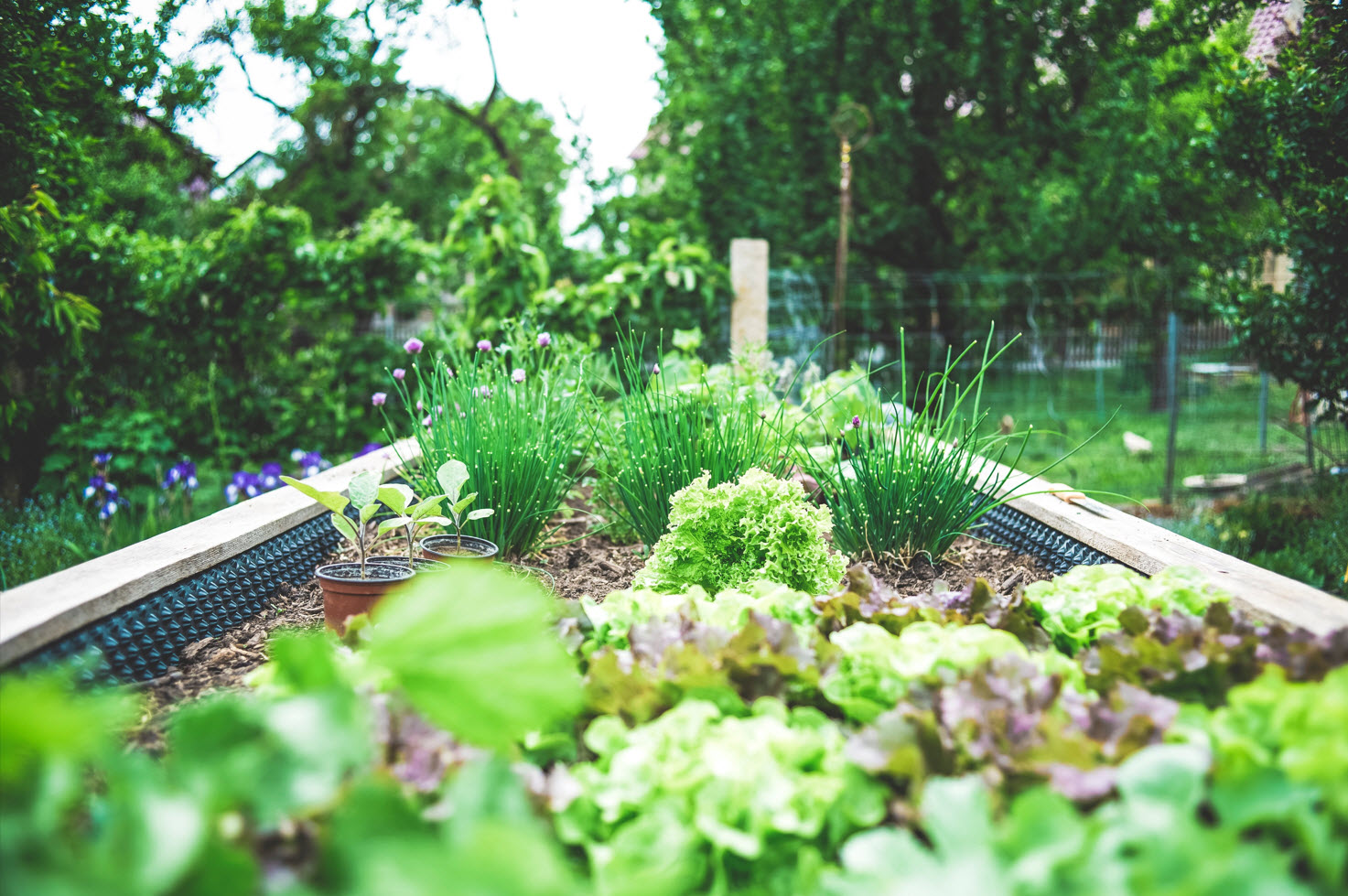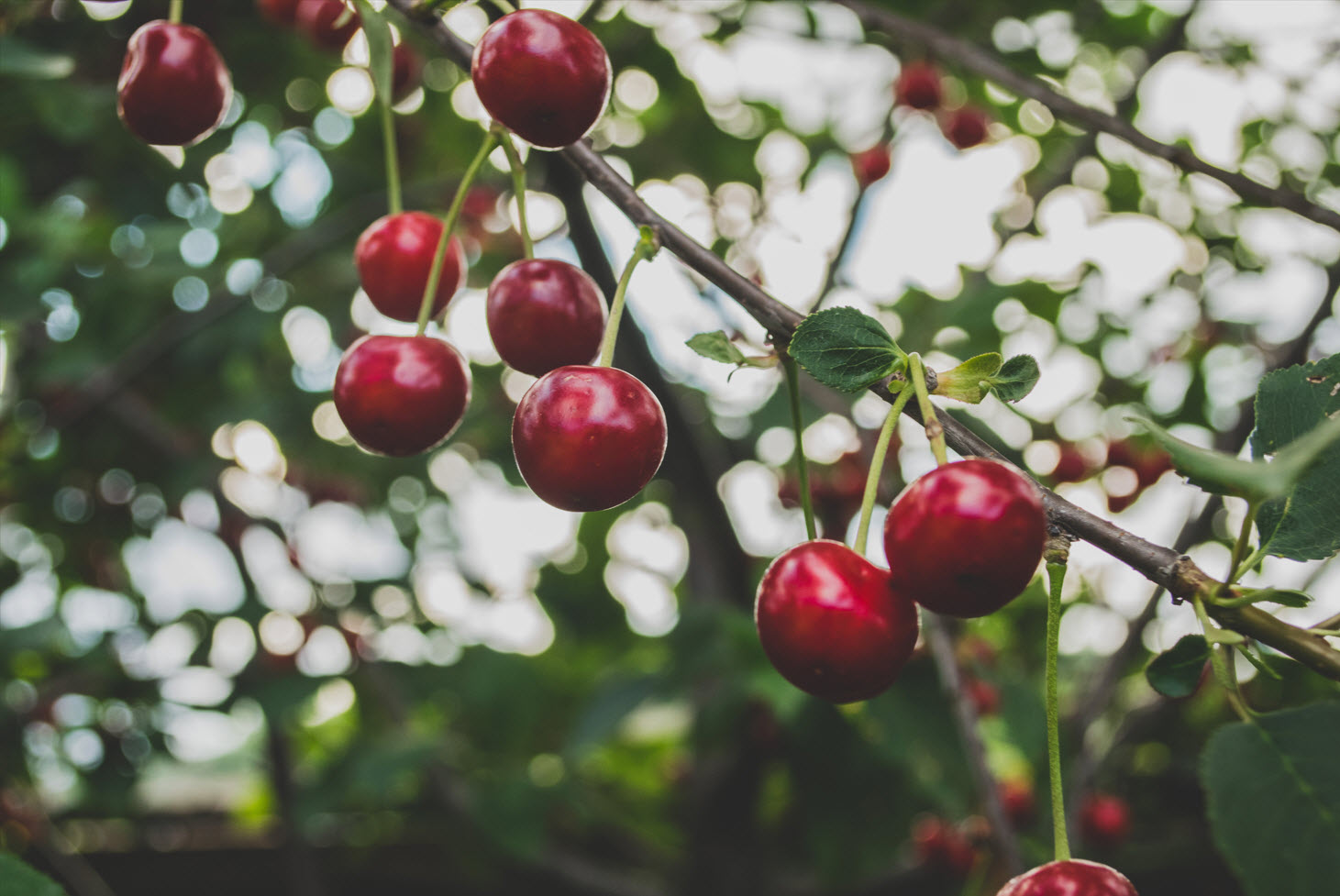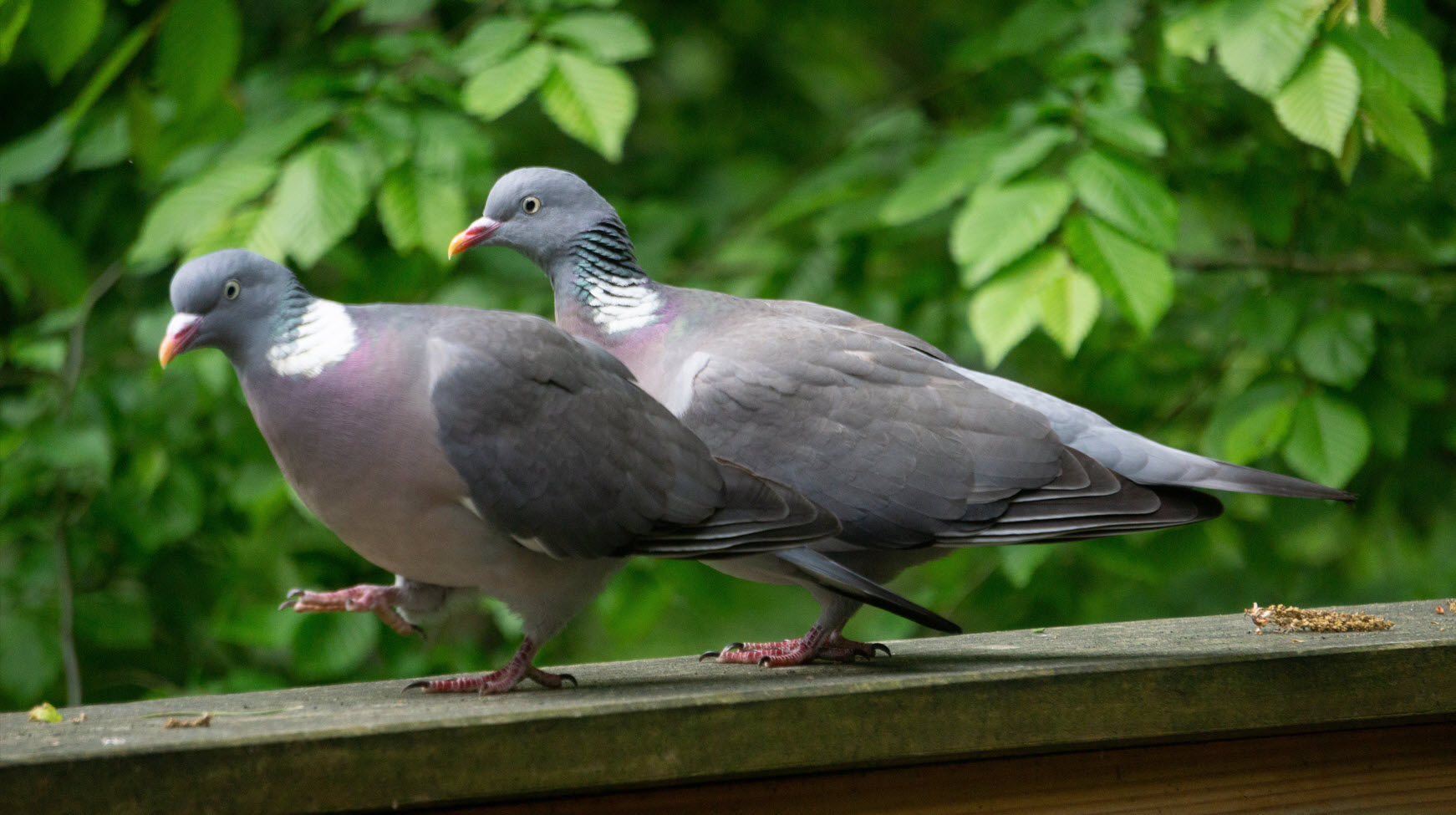Blog
Keeping birds off fruit and vegetable plots.
Date Posted: 22 February 2023Keeping birds off fruit and vegetable plots.
Birds peck at leaves and often leave stalks and leaf veins behind. The main culprit are pigeons. Pigeons tend to feed from many plants.
Pigeons who are mostly common all year round and found almost everywhere feed on a huge range of plants. They are very keen on brassicas, these include broccoli, sprouts, cabbages, cauliflower, cherries, and peas. Pecking at the leaves they rip of portions and leave just the stem and veins behind. You will also find they strip off berries from fruits, such as blackcurrants and other fruit bushes.

Pigeons will visit the garden in early morning, so you may not catch them in the act. The following signs will give you clues as to when they have stopped by/ are present:


- Ripped/ torn leaves as they peck and rip off portions of the leaves.
- Worst case scenario, all foliage can be lost and only the stalks are left behind.
- Pigeons who heavily graze will stop crops like peas from producing a harvest.
- Pigeons eat lots of cherries and currants too.
- Don’t panic! Your trees and shrubs will recover from pigeon damage.
Controlling birds/ pigeons:
To protect plants and fruits from pigeons and birds, keep them under netting or in a fruit cage. Always check the netting for holes, slight gap or anywhere that are bird or other animals could find their way in. If you stumble across something, try, and let it out where possible.
If you look at using repellent substances this will only likely give you temporary protection.
Lilacs and other larger shrubs will recover from pigeon damage, so you don’t need to worry too much. However, it’s good to keep an eye on what’s going on in the garden.
Flocks:
As you are probably aware, pigeons are present all year round and tend to be active during the early summer when crops are starting to grow. Pigeons will feed on winter brassicas, mostly during snow or frosty periods. In winter, flocks of pigeons 50+ can make their way on to allotment/ garden patches, they also tend to stop by in smaller groups.

